I have been a musician for several decades now. In that time I have experienced both extreme happiness as well as utter despair. I’ve been on the verge of „kind of making it big“ and then returned to complete obscurity. Nevertheless, I can honestly say that I have reached a point where I am happy with what I am doing.
Of course in all that time I encountered a lot of pitfalls and learned to avoid quite a few of them.
Just last week, out of carelessness, I almost stumbled into one of those same traps again. That’s when I thought to myself: Hey, maybe it’s time to write all that stuff down. That way you’ll have a nice rule set for yourself, and maybe other people can profit from your experience, too!
So here they are, my 10 tips on how to stay happy with your music. Of course they are rooted in my experience, my kind of making music and approaching things. Your mileage may vary, but maybe you find something useful here.
10. When making music with others, be nice and considerate to your fellow musicians. Don’t be afraid to talk about problems.
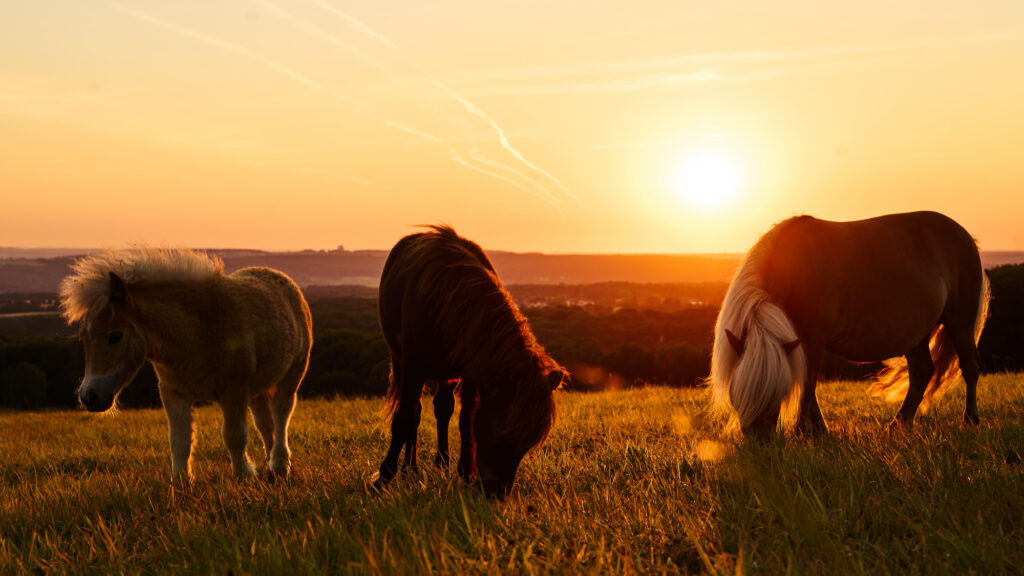
I know, that seems to go without saying. But when your music is really important to you, sometimes you forget about how other people can have different priorities and different ideas, which in the end can lead to insecurities and hurt. It helps to talk about such things and not wait until they settle in and strengthen and eventually become overpowering.
Making music with people can be like a relationship, and a very intense one at that – because when everything goes well, you share something very special. But it also makes us vulnerable and less willing to talk openly about problems.
I’ve been in this situation more than once: First a fellow musician hasn’t practiced a piece, the next session he’s distracted the whole time, then he cancels two sessions in a row, then he’s late, then he has no working strings, then he’s late again, then it takes him a week to react to a new demo which you consider to be the greatest thing you’ve ever done… and suddenly you’re standing there saying: „Ok, know what? That’s it, you’re out“.
And maybe it wouldn’t have come to that if you had talked about it before.
9. Don’t get your hopes up that some bloke from TV, radio or music press will make you big.
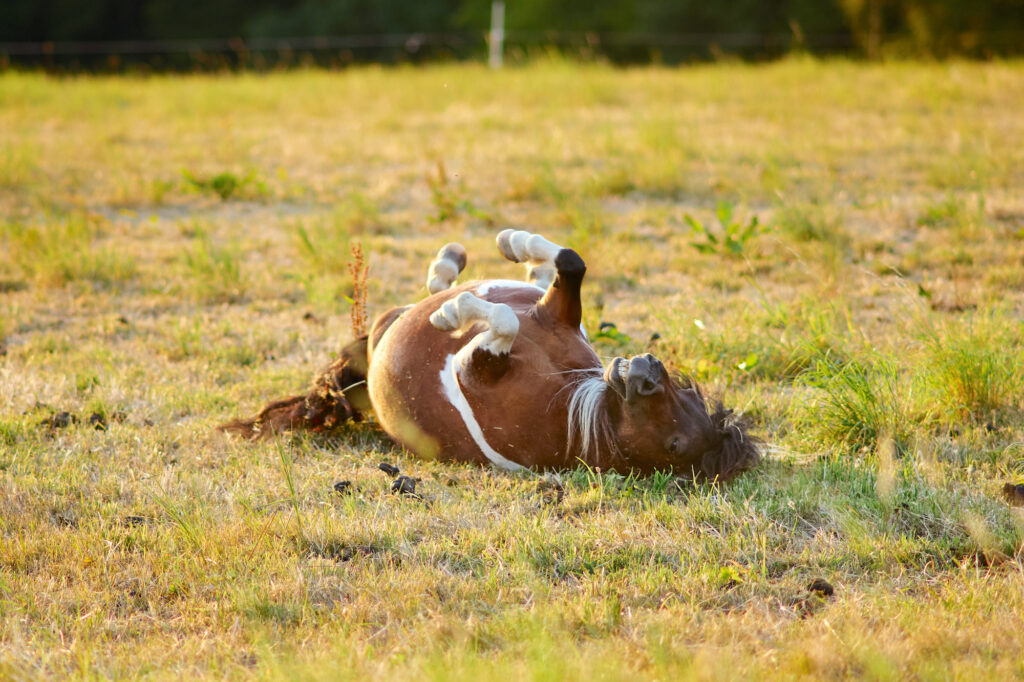
Everyone has these acquaintances who know „someone from the radio“ or „someone from TV“ who is supposedly interested in new things and would maybe perhaps like to listen to your tapes.
And thanks to social media, everyone also knows someone from the music press who just wrote „Hey folks, here’s the new overproduced crap from Maroon 5, and here are a few oldies that already were crap 20 years ago. What are your music tips? Feel free to write me! Kisses and hugz from your cool friend at MUSICSTARS.BIZ!“
Those people are not your friends, and they won’t help you. Ever.
Even if they actually listened to your stuff (which they don’t 99% of the time), they won’t do anything. That’s because they – like most of us – do what they get paid to do. And they get paid for featuring the hits and having the stuff in their repertoire that gets their employer the most advertising revenue and payola.
If you don’t have a big record company behind you, that’s not you. End of story.
I personally have even been in a situation where „someone from the radio“ actually listened to our music and actually liked it a lot and actually became a fan of us. Then all of a sudden she broke off contact. Twelve years later I bumped into her again and learned that we almost had cost that person her job back in the day. She had taken the request to play us all the way to her boss, who gave her a strict ban on playing anything of ours or talking about it. Why? Well, because „where would we be if everybody did that?“.
Of course, this doesn’t apply to pirate, web or other alternative forms of radio and ‚zines. And while you’ll most probably never „make it big“ by being featured there, there’s always the chance that you’ll gain some enthusiastic and loyal fans this way. So I’d suggest: Support your local alternative structures and ignore commercial radio… and avoid people who write about the new Maroon 5 single at all cost 😉
8. Success is good, but it’s not everything.
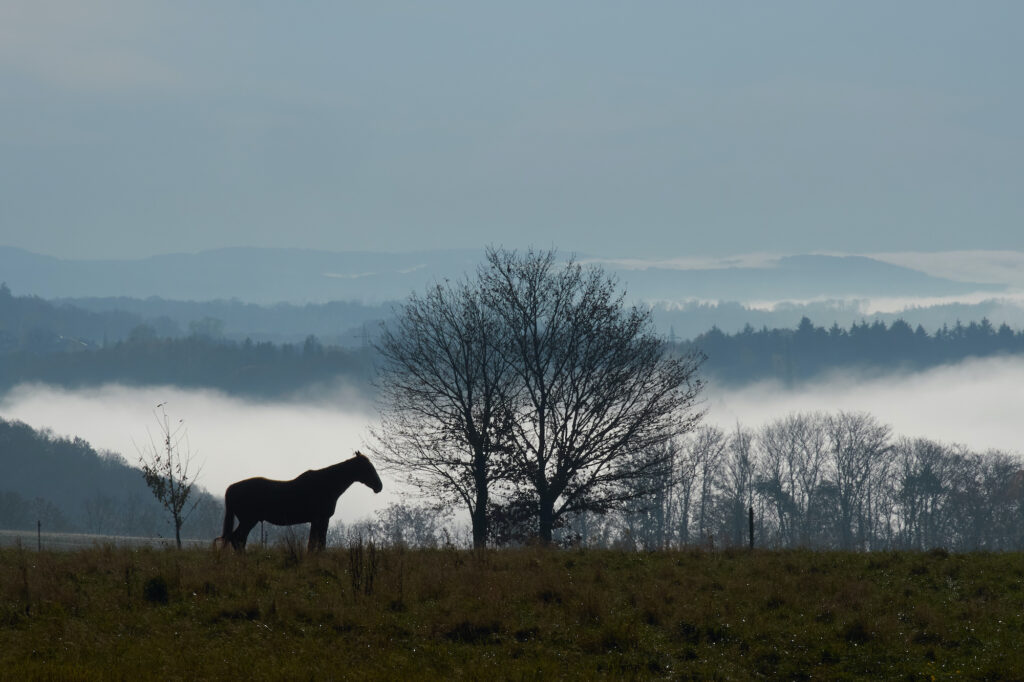
Back with Botany Bay, I was lucky to enjoy a little bit of success for a little while. Which means, people were playing our stuff in podcasts, writing about us in magazines, bringing us into Wikipedia, buying our CDs, coming to our concerts, dancing to our songs and singing along to our chorusses. And of course all of that felt good. Really good.
For reasons beyond my control, it wasn’t meant to last. It’s a long story that’s not relevant here, suffice it to say that people lost interest, went away and never came back.
For a long time after that, whenever I worked on piece of music, I had this thought in the back of my mind: „What can I do to make people love it again?“. And although I’m very proud to say that I never compromised my musicial vision by rewarming and repeating things, I thought if I just made the best production I could possibly do, with the best musicians, the best equipment, the most lavish design, the most attention to detail, the most beautiful release party ever, etc. pp., people would surely come back and listen to my music.
In the end, this mindset took the fun and sense of wonder out of everything and eventually culminated in me not being able to approach a musical instrument without suffering several days of depression. Because of course I had ended up producing the best and most expensive album I could possibly make, which had cost me 15,000€ and has sold a whopping 28 copies to date.
It took a long, long time to recover from that and to realize that success wasn’t so important after all. In fact, I had to step away from music completely for a couple of years.
Which is a great pity, because music is a sacred, spiritual thing. And no success, no matter how great, is worth jeopardizing that.
So believe me, I know it’s easier said than done (and to be brutally honest with you, there are times when it still hurts) but: Success isn’t everything. Don’t let success be your guiding light, don’t become addicted to it, and if by any chance hundreds of people walk away from your music, let them go. It’s their loss, not yours.
7. Technique is good, but it’s not everything
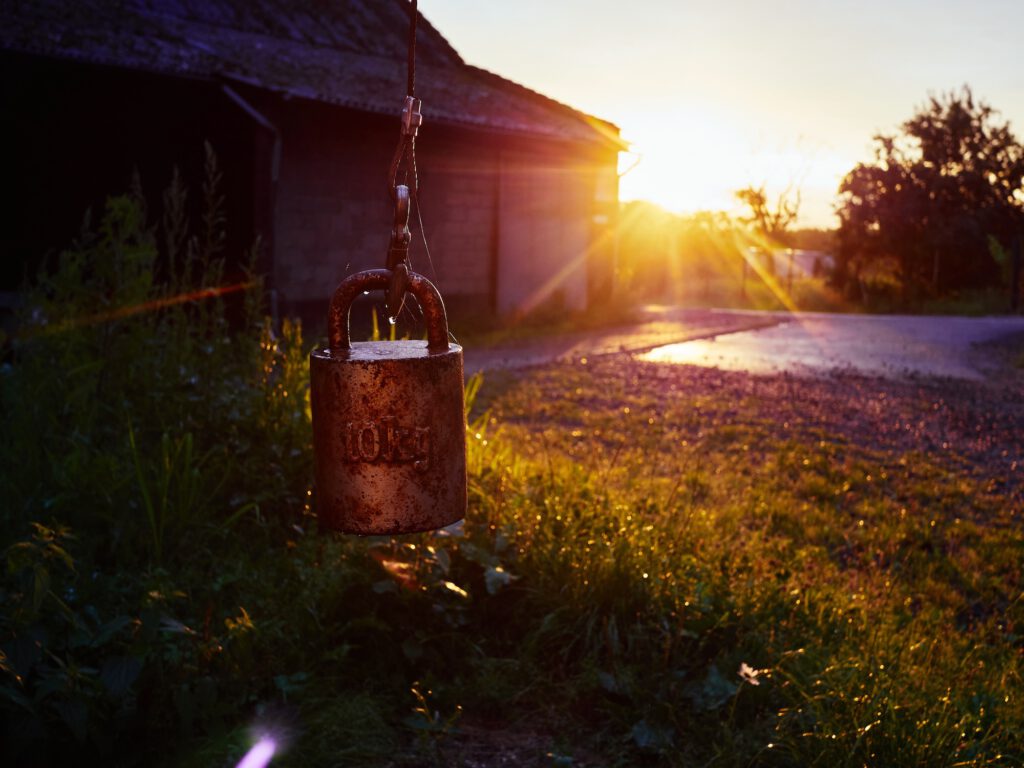
(cue an angry horde of youtube influencers gathering at my house and smashing my windows…)
A lot of people out there will tell you that technical proficiency is essential when making music. In my experience that’s not true.
Music is an art form that is meant to evoke emotions. Of course you should know the bare basics on how to play your instrument, and becoming more proficient helps you to better be able to convey said emotions. But in the end, music is a language of the heart, and it’s the sincerity and the passion of the artist that touches our hearts and souls, not his technique.
Consider, for example, the blues genre, and especially the way in which it emerged in the African American communities of the southern United States in the late 19th and early 20th centuries. The blues is characterized by its raw, emotional sound and heartfelt lyrics that often deal with themes of love, loss, and hardship. The early blues musicians were not highly trained or technically proficient, but their music spoke to the struggles and experiences of their audience in a way that no other genre could.
Being mainly a keyboarder, I worked with a lot of guitarists the last 30 years. I’ve known guitarists who touched my heart with just playing two chords. And then there were those who knew the latest and greatest shit and could play everything I could or wouldn’t dare to imagine, and they left me cold and unimpressed.
Does that mean you should at once stop taking lessons and not strive to be a technically more proficient musician? Of course not. But take all those influencer d00ds trying to sell you the latest and hottest techniques with a pinch of salt.
And never, ever, let people tell you you’re less of a musician because you „haven’t learned it properly“. Because, first of all, it’s not important, and secondly, it’s simply not true.
6. Gear is good, but it it’s not everything

You saw that coming, didn’t you?
Since you somehow found your way here and you’re reading this now, I assume that you’re already more of a skeptical person, and that you won’t fall easily for people telling you to buy more and more stuff to make your music better and make you happy.
So I’ll spare you the lecture about the dangers of getting caught up in gear acquisition syndrome and spending all your time and money on buying new equipment, rather than actually making music. Somehow I think you know that already.
Instead I’d like to give an additional perspective here, namely that having too much gear can also limit your creativity. When you have a limited set of tools to work with, you’re forced to be more creative and find new ways to make interesting music. With too much gear, you can fall into the trap of using the same sounds and techniques over and over again.
Early this year I spent two weeks at the seaside. I have a very nice studio back at my home, but on this journey I took only a mini analog synth and a really weak notebook which couldn’t record more than 4 tracks without choking. The demos I recorded there are among the most interesting material I produced in the last couple of years, and I would never have done them from the comfort of my well equipped studio back at home.
5. Keep on experimenting!

If you’ve been doing music for a while, you’ll eventually figure out what works and what doesn’t work so well. You’ll learn how to play your instrument, how to write melodies and harmonies that sound good together, and how to communicate your emotions through your music. It’s easy to fall into the trap of stagnating – remaining at a safe and boring spot, doing the same kind of thing over and over again.
Experimenting can help you grow as a musician. By trying new things, you’ll be forced to think differently and approach music from a new perspective. This can lead to new discoveries, both in terms of your own abilities and the music you create.
Experimenting in music can take many forms. Maybe you try playing your instrument in a different way, or you write a song in a genre you’ve never explored before. Perhaps you collaborate with someone whose style is different from yours, or you try new instruments. Or (see previous tip), reduce your equipment to the bare minimum and see what you can come up with.
Experimenting can be a fun and rewarding experience. The process of trying out new things and seeing what works can be exciting and fulfilling, even if the end result isn’t perfect. It can also be a way to break out of a creative rut and rekindle your passion for music.
4. Remember that you’re in this together
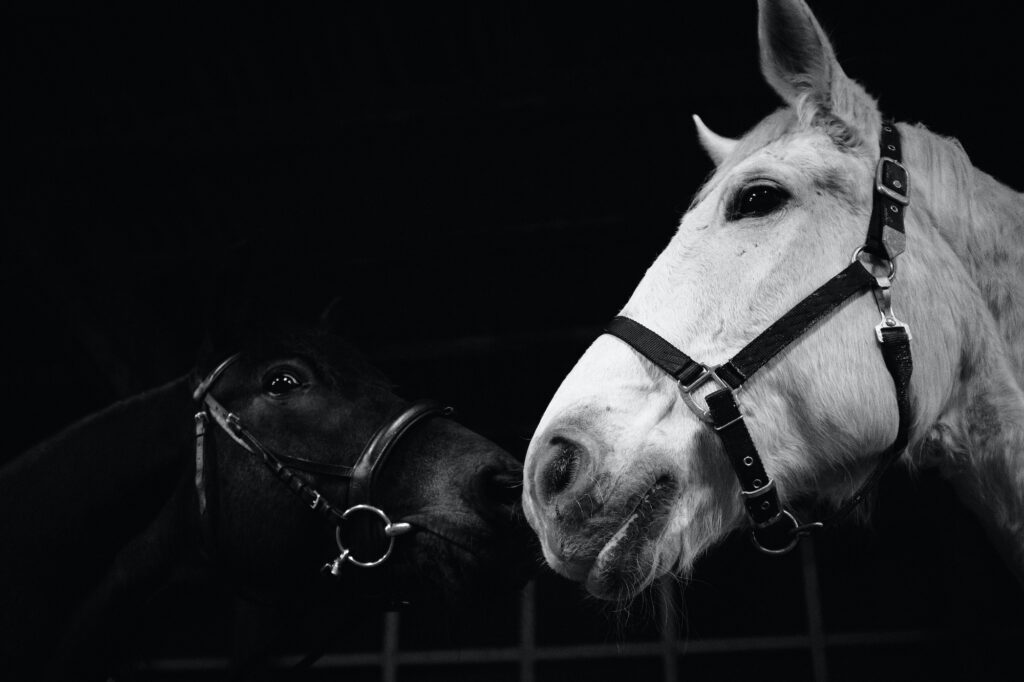
By which I mean: Other musicians like yourself, and yourself.
Capitalism, that big failed and toxic system which most of us are living in, sets us up to be adversaries in the marketplace. It’s your product against my product. You got to have more followers. You got to have more likes and boosts and hearts and retweets and whatever on your music postings in social media. You have to show presence in order to attract more people.
And all that shit.
The big problem is, it’s really easy to actually believe it – even if you’re (like me) decidedly left of center – and forget that the other people are musicians, too.
Once you try not to compete but to collaborate, whole new worlds can open up for you, because other musicians might have a lot to give to you, once you stop seeing them as competitors.
Which directly leads us to…
3. Don’t compare yourself to others
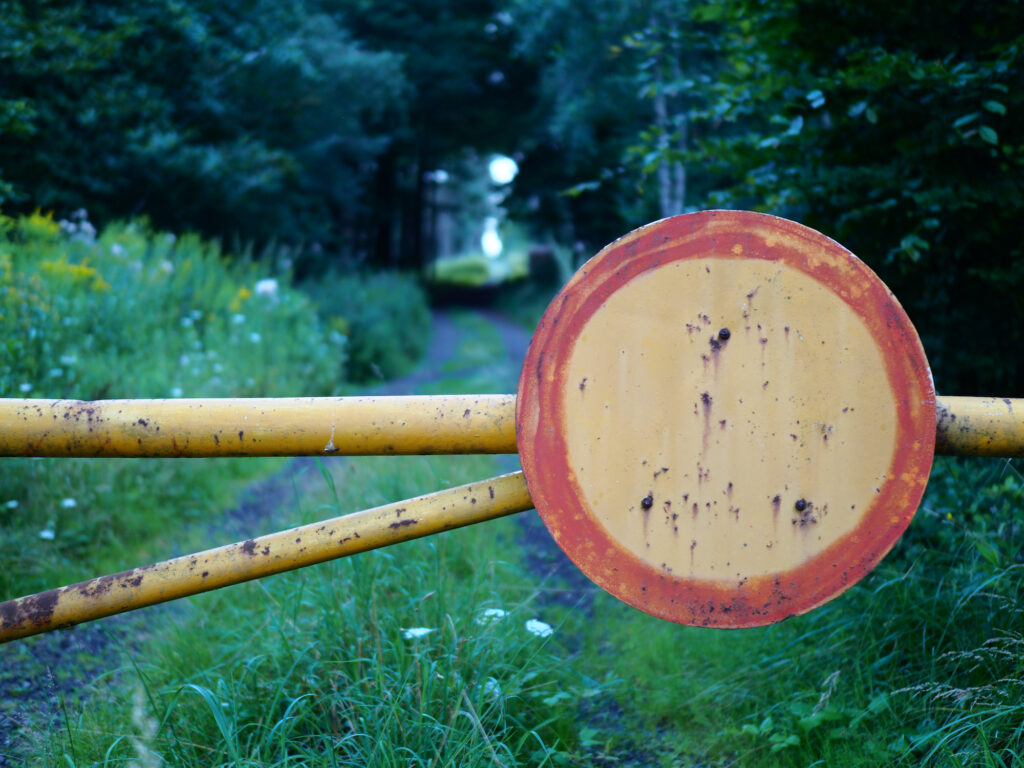
It’s easy to get caught up in the trap of comparing your music to others‘, but that’s a recipe for disappointment. Everyone is unique, with their own set of strengths, weaknesses, and life experiences. Comparing oneself to others is not only unfair, but it also fails to account for these differences.
I know it can be hard. I know the feeling when there’s some annoying kid on youtube doing a flashy video about how he tried out some MIDI templates with his DAW because haha he doesn’t really know how to play, and he accidentally came up with this and that house track, and suddenly you realize that video has 50k views but your last album sold 28 copies and your blog has 2 visitors a day.
But: You’re not this kid. And you should be thankful for that. You’re you. Everyone has their own journey and their own path. Celebrate your own unique sound and style.
2. Be careful when pursuing romantic relationships inside a musical project
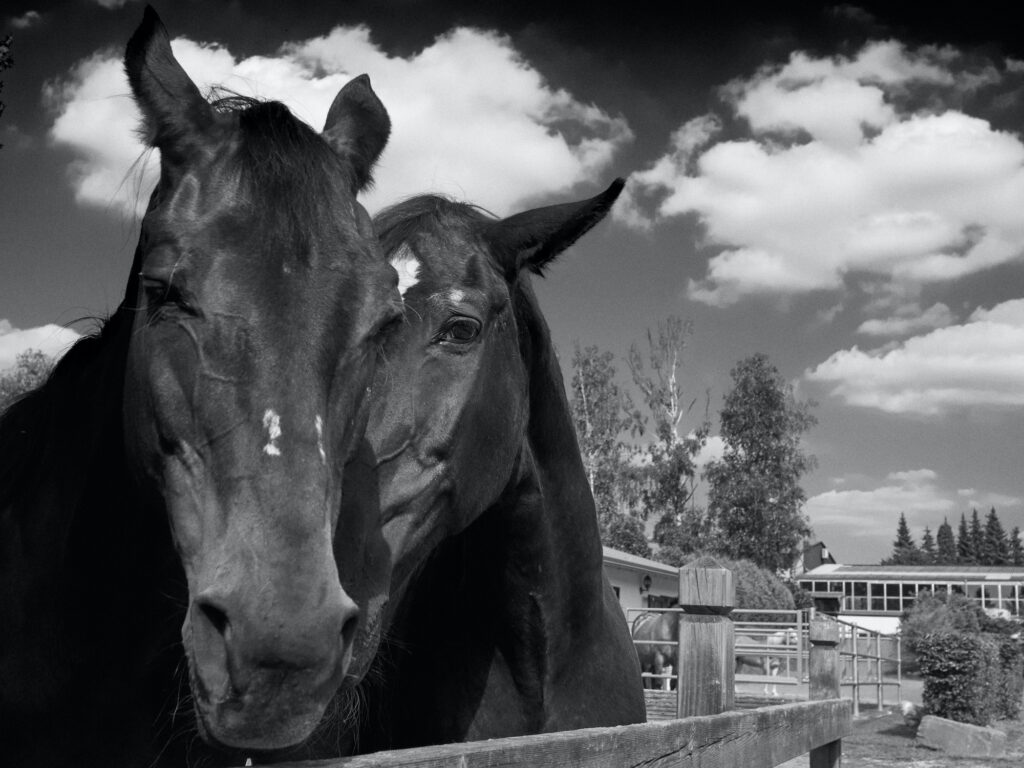
I’m not saying it can’t work. But it’s potentially a whole lot of trouble.
As already mentioned, being in a band (or band-like construct) can easily create a certain sense of intimacy. When things go exceedingly well, when you’re creating something special together, you’re forming a bond that will only grow and tighten as you share triumphs and setbacks. And standing on a stage and having a couple of hundred people cheering and celebrating your music certainly releases an orgasmic amount of endorphines which carries well into the aftershow party.
In such an atmosphere it’s easy to hoplessly fall in love with your bandmate. And while there’s nothing wrong with having fantasies, I strongly recommend taking a long hard look at the possible consequences if your fantasy turns into reality.
In my experience, there’s no „let’s just remain friends“ in a band. Failed relationships easily kill a music project and make sure that all the melodies you could have created together will remain unheard.
With Botany Bay, we were smart enough to eventually recognize that these were very real dangers that were threatening us – so we ended up setting some ground rules. Unfortunately, those rules were broken by guest musicians, and that’s exactly why I can confirm that things can get awfully messy and ugly when relationships break down in a band.
1. Concentrate on what feels good about making music. And get rid of the rest!

For me, that’s the most important rule of all. Unfortunately, it’s also the most difficult to put into words, because music can mean a whole lot of different things to a whole lot of different people, and what’s more, these things can change over time.
But I think it’s common that there are aspects of making music that we enjoy, and then there are those that can make it difficult.
It helps to identify those aspects that make it difficult and to eliminate (and if that’s not possible, at least minimize) them.
Let me give you one last example from personal experience.
I hate selling my music.
I hate everything about it. With a passion. I hate the whole process of turning my art into a ‚product‘ that I ‚promote‘ on the ‚marketplace‘. I hate that lonely feeling when no feedback comes. And needless to say I really suck at selling things.
That’s why I’ve teamed up with a very nice little netlabel that does these things much better and much more happily than I do.
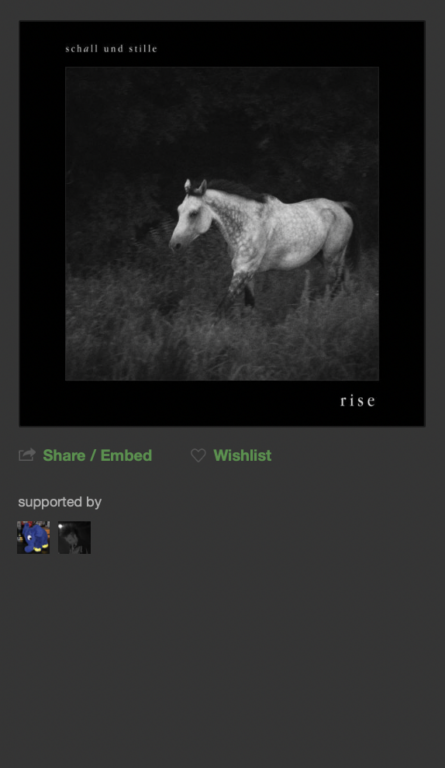
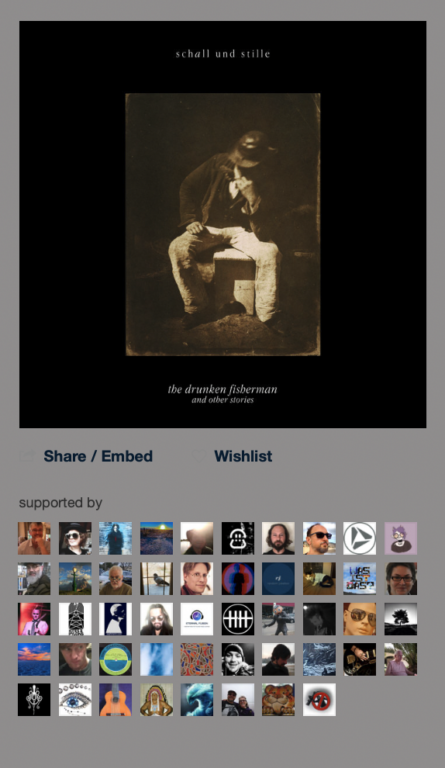
Admittedly, the sales figures of my current album are still only a sad and lonely shadow of glory days long gone… but hey, it was more than enough to make a nice three-figure donation to the animal sanctuary where I work, and that’s what really matters.
Freeing myself of the responsibility to make a ’success‘ out of my music made the whole process immensely more enjoyable for me.
But it still goes deeper than that, because sometimes we don’t realize we’re busying ourselves with things that we don’t really want to do:
After two years of working at the animal sanctuary, I had the idea of making an album about the sanctuary horses. Because they’re beautiful, intelligent and incredibly gentle beings that taught me a lot about myself and helped me to find my place in this world again.
So I sat down and wrote quite a few demos and lyrics. Wrote a ballad about the abandoned shetland pony that weighed only 50kg when we rescued him, who was covered in maggot infested wounds and had his bones sticking out from under his hide because of severe malnutrition, and which we nursed back to health. A bluesy rock song about the abandoned mare which should have been the beloved riding horse for a little girl, but the little girl was afraid of the horse, and so the horse was left to wither in some shack, unloved and feared, and about how that horse eventually became one of my dearest friends.
And then I was putting a refrain here and a big complicated solo – ha, that will show them! – there and a bridge elsewhere and added a reprise for great effect, planned the vocal harmonies to make the refrain extra snappy, and suddenly I thought to myself: Hey, wait a moment, what are you doing?
Suddenly it dawned on me that I wasn’t making this music for myself, but for people who probably didn’t even exist for all I knew – forcing myself to churn out catchy pop songs that people can listen to and enjoy, filling them with lurid tragedy to arouse indignation in the audience, and pulling out all the stops to make these songs sell.
And that’s when I clearly felt that the horses didn’t deserve such cheap showmanship…. and that I have much higher expectations of my music than that it makes four people say, „Oooh, those poor horses“.
So I ditched what I already had and started over. This time I set out on a journey, trying to conjure the essence of my relationship with these beautiful beings by going to the stable and spend some time with them; then taking out a synth and play some notes… wandering through sonic landscapes that maybe lead to melodies, maybe just noises – experiment, listen what they have to tell me, listen deep into myself what resonates and produce music accordingly. See what happens. Learn new things. Don’t even think about selling it to anyone, just make the record that will make myself see, feel, and think of my dear horse friends. That’s what I’m doing at the moment (along with a zillion other ideas, of course).
And that’s what I love about making music. Capturing the essence. Feeling things. Learning about myself. I just have to force myself to remember these things sometimes.
I don’t know if the end result will ever become an album; and if it does I’m honestly not sure if I will release it. But the experience is breathtakingly rewarding. It’s a testament to the spiritual power of music that after 40 years of ups and downs, it can still do this for me.
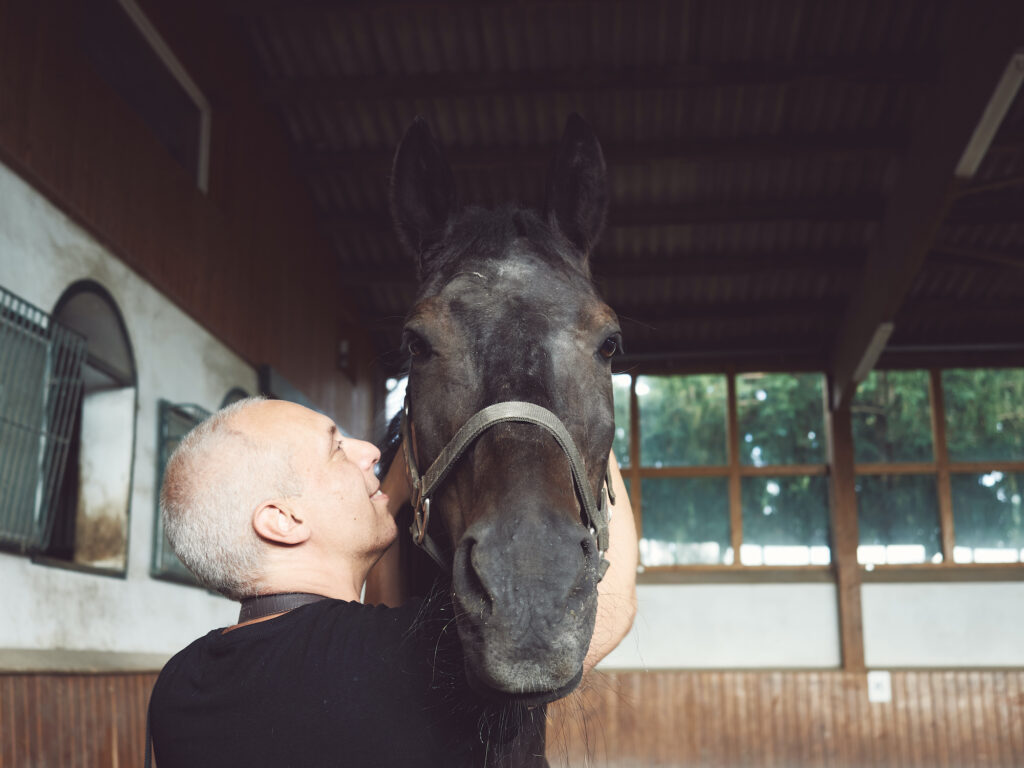
And that’s it. These are my 10 tips. As I said, your mileage may vary. I don’t even know if I’m a good role model. Maybe you’re completely different from me. And that’s ok too.
But of course I would be happy if some of it was useful for you. Let me know what you think in the comments, if you like.

Schreibe einen Kommentar